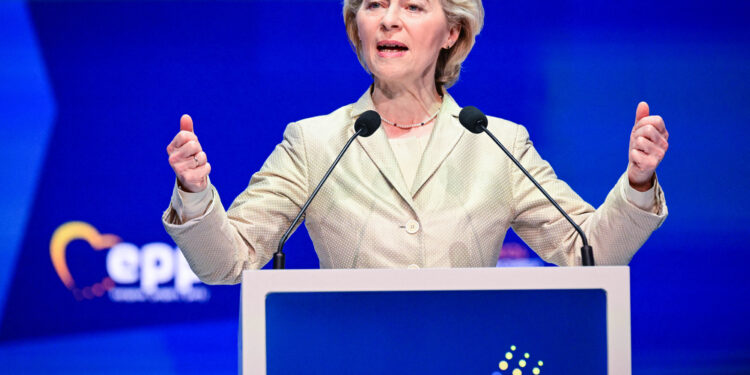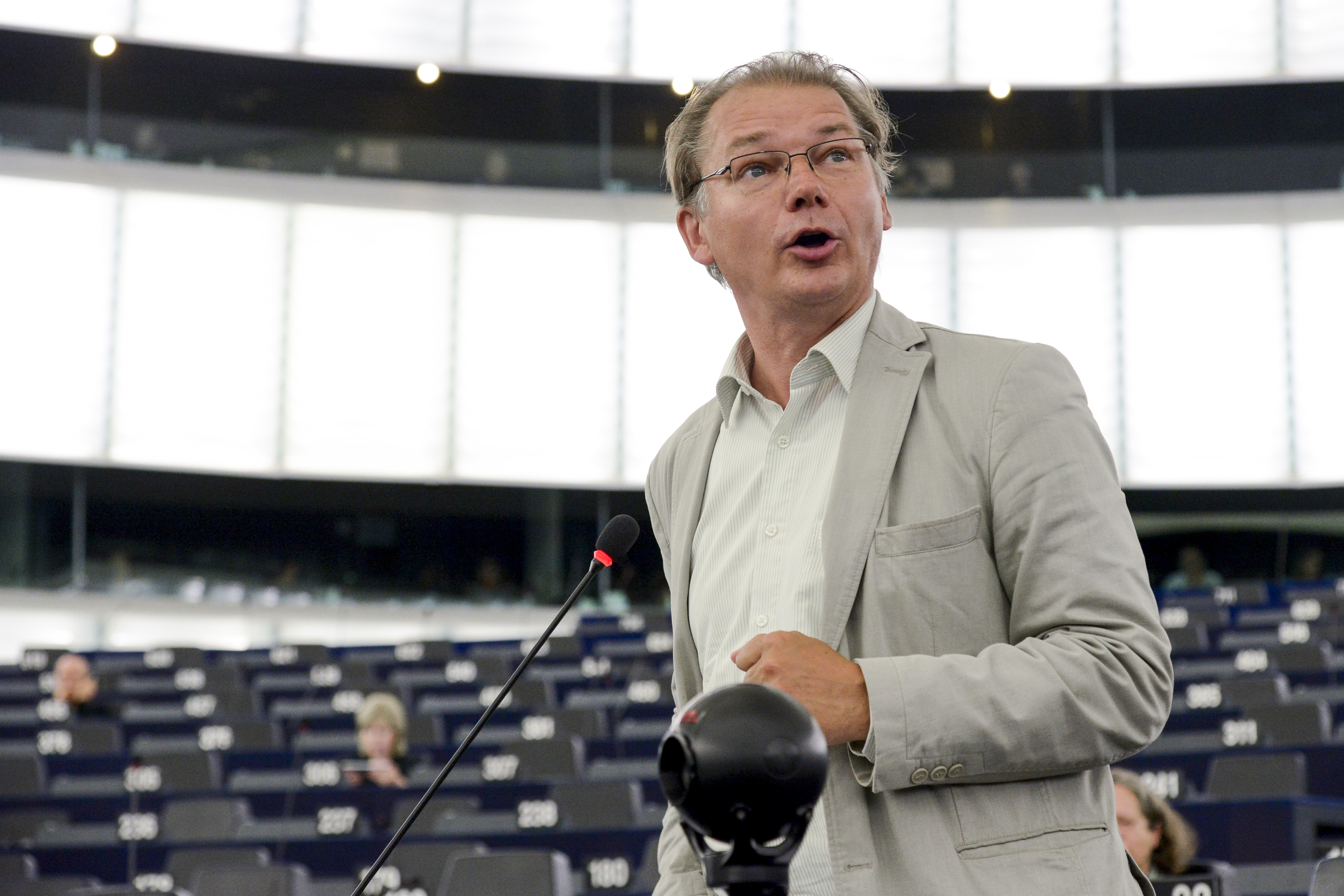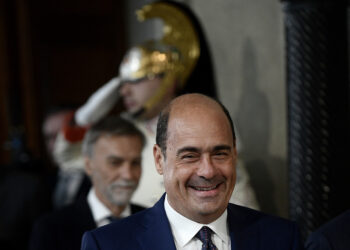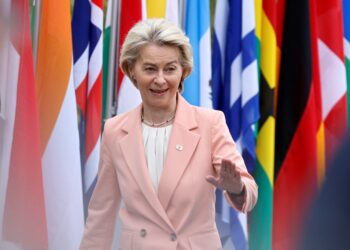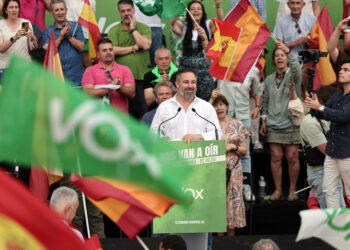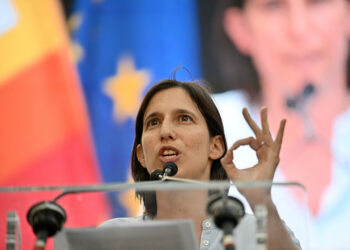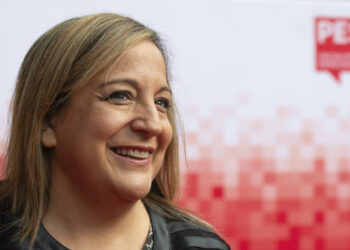Brussels – The provisional numbers from the polls across Europe are gradually painting an extremely clear picture: The European People’s Party overwhelmingly won the elections, the Alliance of Socialists and Democrats held up, and the Liberals are licking their wounds but still remain the third force in the European Parliament. Now it is already time to do the math: S&D and Renew say they are ready to support a pro-European majority: a second ‘Ursula majority’ term.
The Spitzenkandidatin of the EPP pressed them when, shortly after the polls closed, she said: “The first step is to reach out to those with whom we have had coalition for the past five years. This platform has worked well.” Ursula von der Leyen laid out the cards: “It has been reliable, it has been constructive, it has been effective. And that’s why the first step I will take is to reach out to S&D and Renew Europe.”
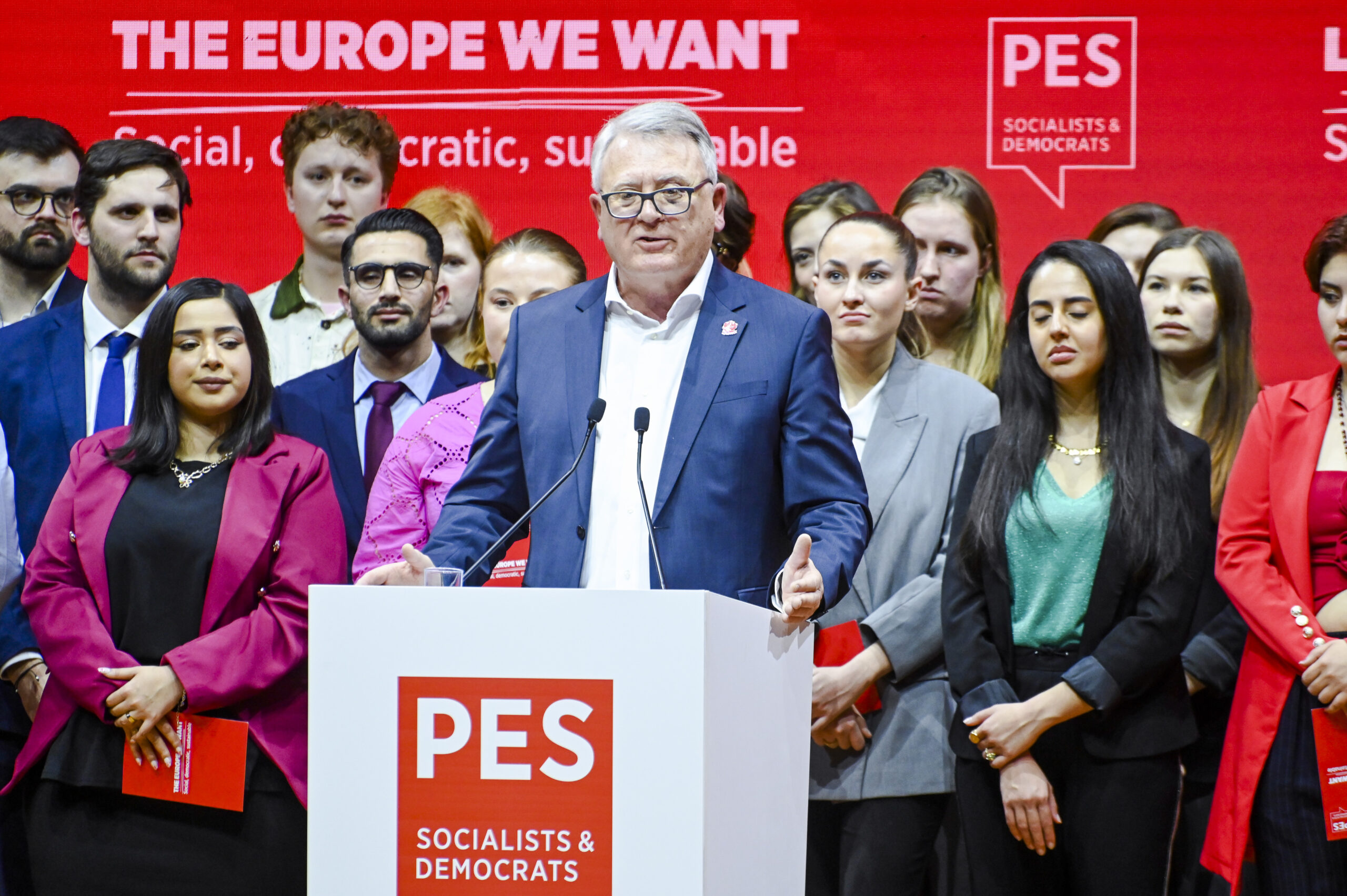
If it goes through with them, it ends the discussions. The S&D candidate for the presidency of the European Commission, Nicolas Schmit, took up von der Leyen’s invitation: “It is clear for us that we are open to strong cooperation with all democratic forces in this Parliament. We have said it, and we continue to say it.” Also ready to jump on the bandwagon of winners is Renew Europe because “tonight’s results show that no pro-European majority will be possible in this House without us,” claimed the group’s Vice-President, Iskra Mihaylova, sweetening the sound defeat of the Liberals, who are likely to have 19 fewer MEPs in the next legislature.
European Parliament projections show 189 EPP members, 135 S&D, and 83 Renew together a total of 407 MEPs, far more than the 361 needed to get the green light to head the European Commission. But then, to achieve results during the term, a wider majority is necessary because, in Brussels, sharpshooters are not an exception, and majorities can change depending on the files. The other big losers of the election round, the European Greens, have also opened up to possible support for von der Leyen.
The outgoing co-President, Philippe Lamberts, appealed to the three major groups: “Maybe you will have a majority. But if you are looking for stability and responsible policies for the next five years, you cannot turn to the far right. It cannot be an option for you” because “despite tonight’s disappointing results, we Greens are ready to assume our responsibilities if we want the earth to continue to be habitable for human beings. The Green Deal must strengthen and expand, and if we want society to be safer for all, democratic forces must unite as never before,” he said from the European Parliament in Brussels. About von der Leyen, he continued: “For us, the program is important, not the person. To support her, we need to see commitment” on the Green Deal.
In support of von der Leyen, all three groups placed only one condition: “Obviously, for us, there is no place for those who want to demolish the EU project,” Schmit stressed, echoed by others. The reference is to the far right and the two groups — the European Conservatives and Reformists (ECR) and Identity and Democracy (ID). The much-feared landslide was contained and was not such as to change the balance in the European Parliament: according to projections, the ECR will go from 69 to 72 MEPs and ID from 49 to 58. With the EPP’s 189, that makes 319, too little to imagine a right-wing majority even if one wanted to include those who are still among the unaffiliated (including AfD, recently expelled from ID, and Viktor Orbán‘s Fidesz party).
English version by the Translation Service of Withub